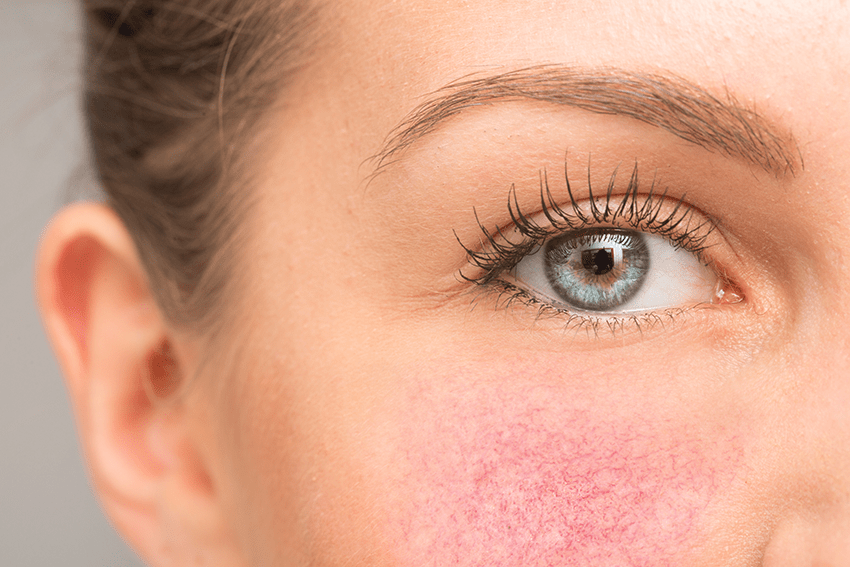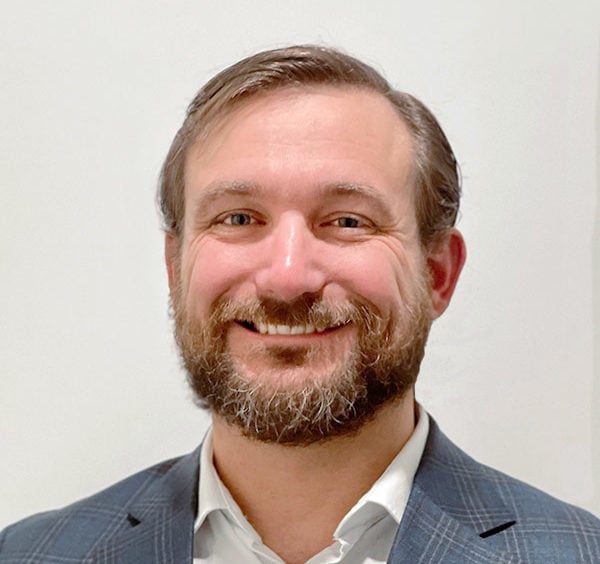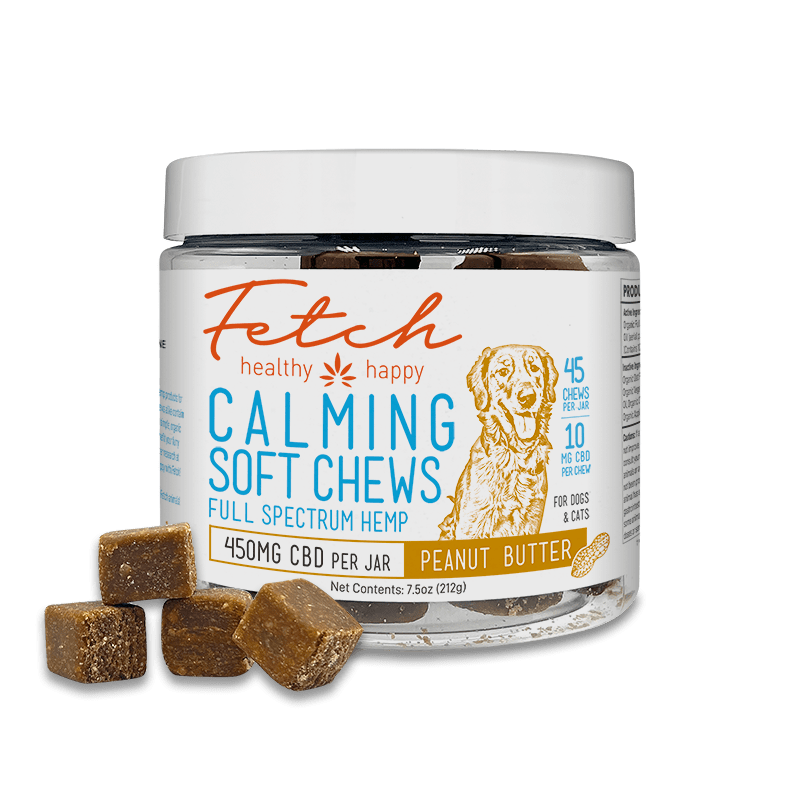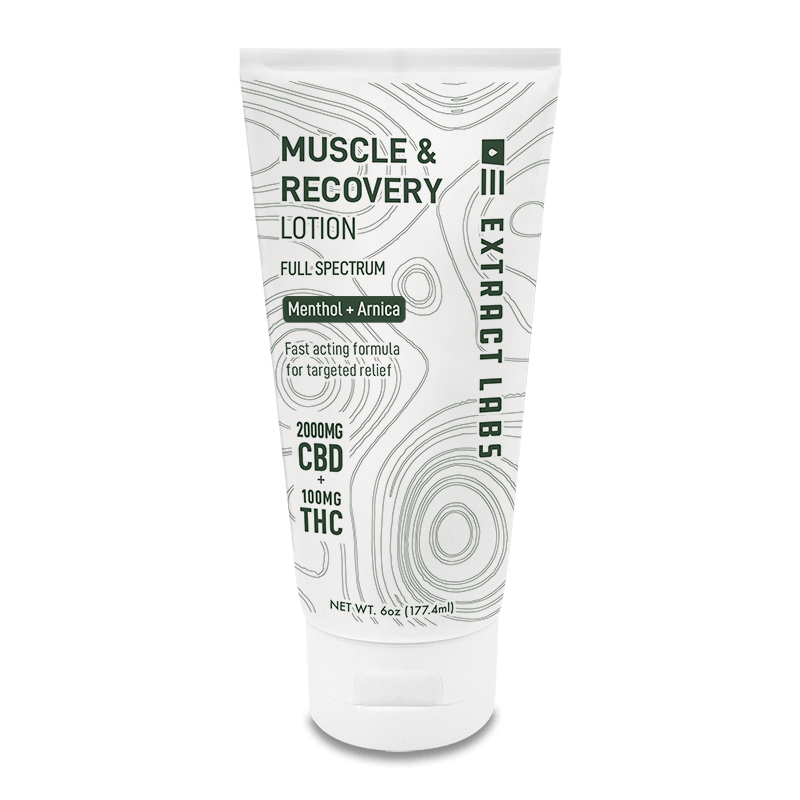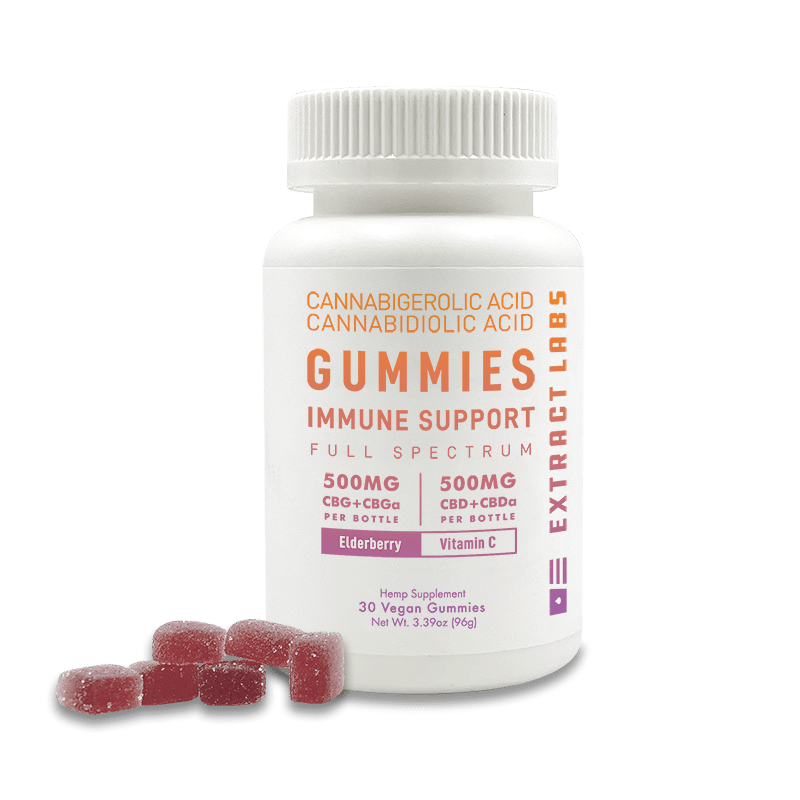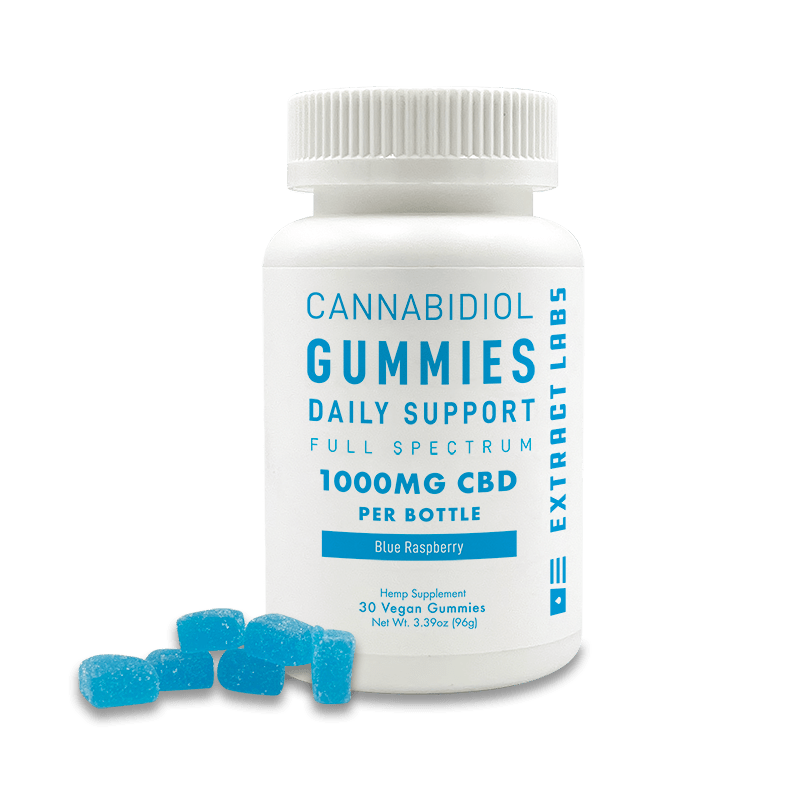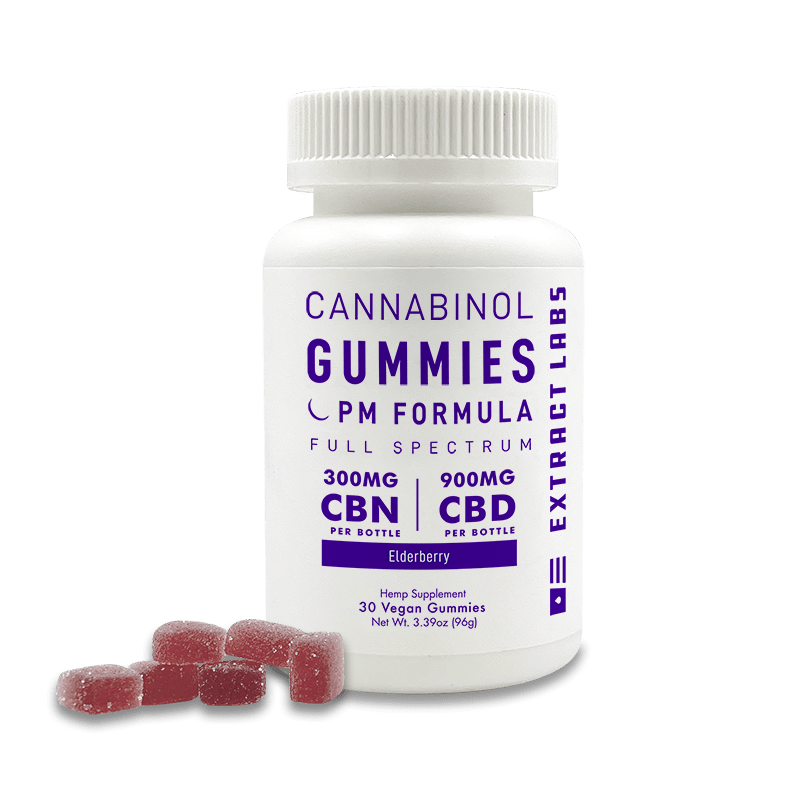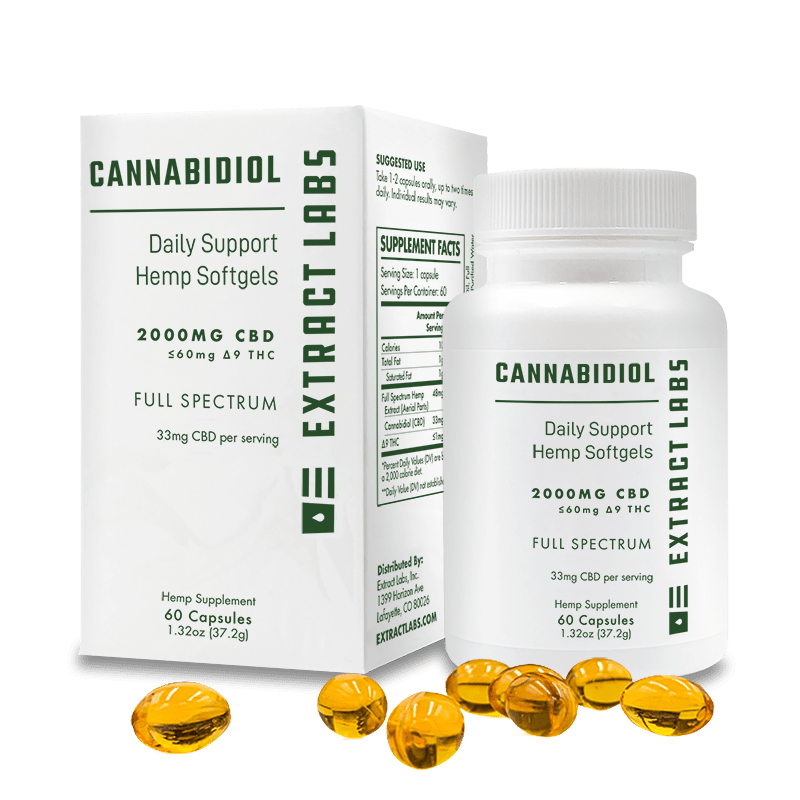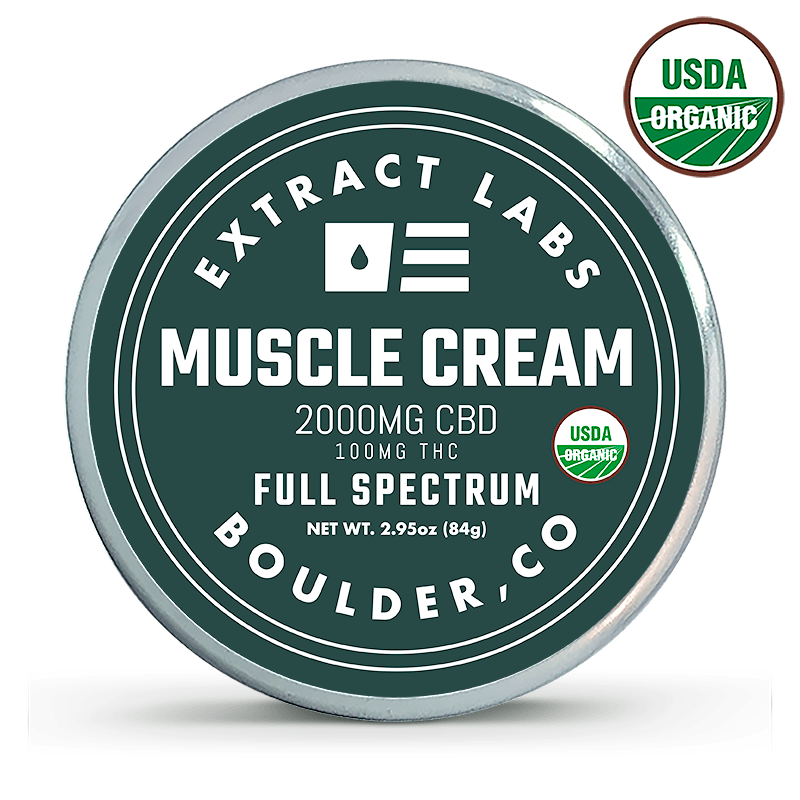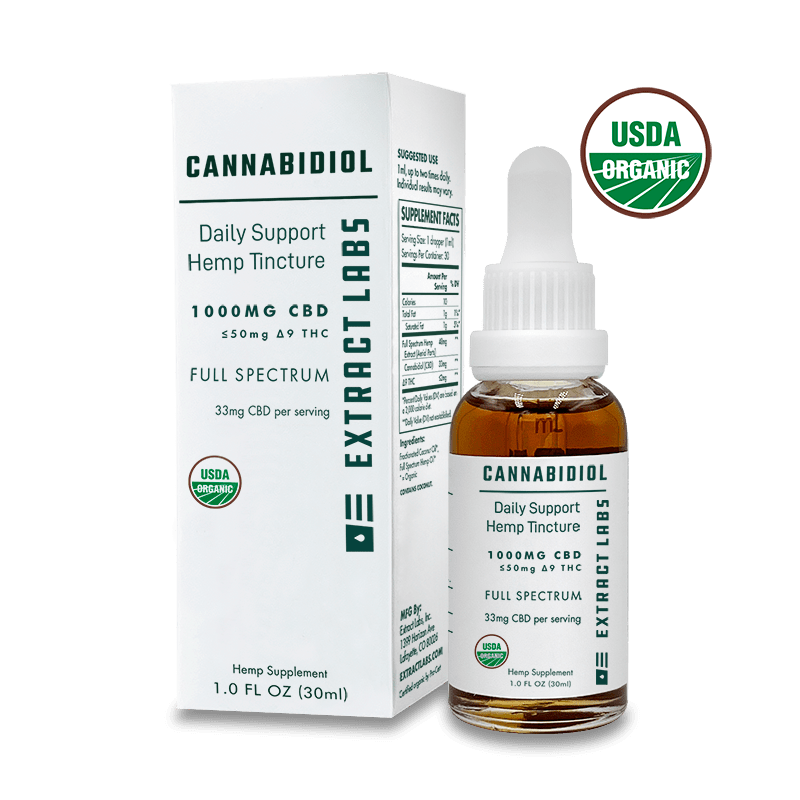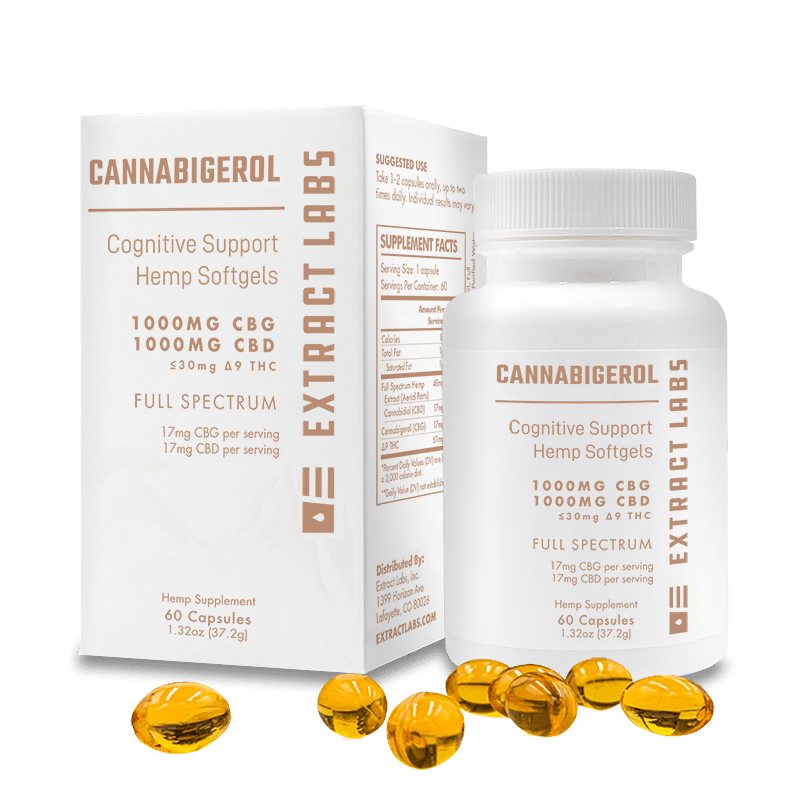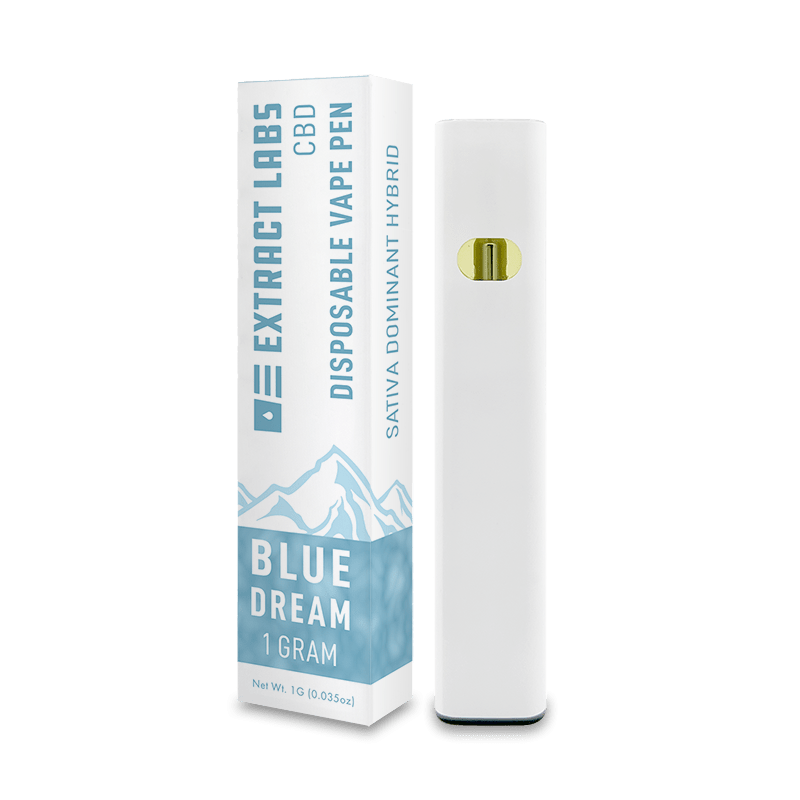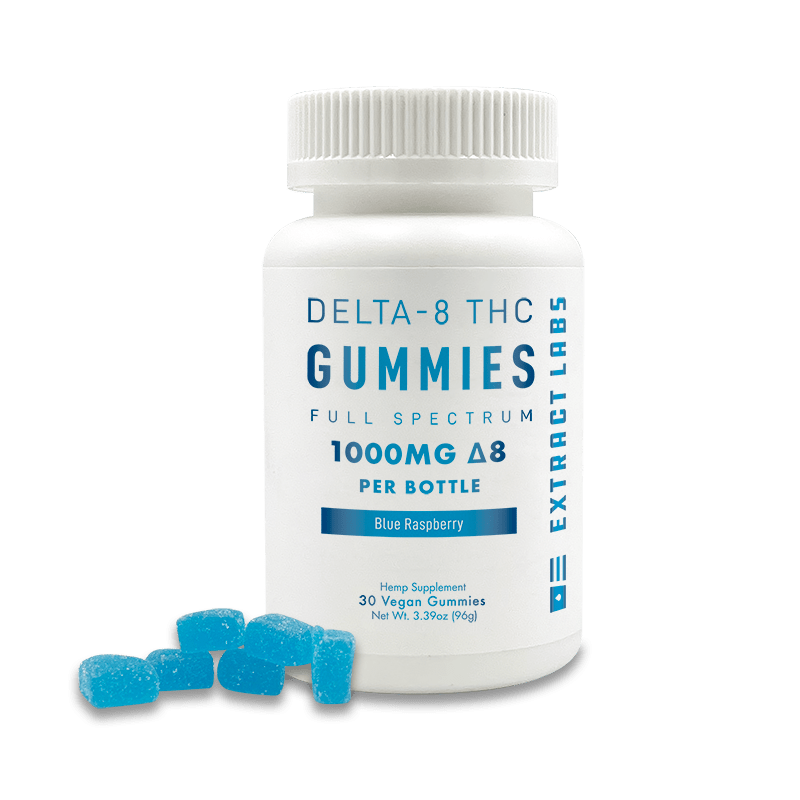What is CBD? You’ve likely heard these three letters before. CBD is a buzzword, but many people don’t know what to make of the stuff. To see what we can do about that, I interviewed Ian Kelly from Extract Labs in Boulder Colorado.
WHAT IS CBD?
CBD, shorthand for cannabidiol, is a naturally occurring compound found in the leaves, flowers, and stems of hemp and cannabis plants. When extracted and refined, CBD can be suspended in liquid tinctures, blended into creams and lotions, or prepared as solid crumbles or liquids intended to be ingested by smoking or vaping. “It’s not a psychoactive compound,” Ian Kelley stresses. “It won’t get you high. The primary uses for CBD are for health and wellness, not recreation.” Hemp oil, on the other hand, is made from hemp seeds and is not a potent source of cannabidiol.
HOW DOES CBD WORK?
The cannabidiol compound activates various receptors within the body. These receptors are part of a physiological system known as the endocannabinoid system, and they are part of a biological regulatory process involving neurotransmitters such as serotonin and adenosine. These and other neurotransmitters directly regulate things like mood as well as maintaining a healthy central nervous system.
Ironically, CBD can limit the effects of THC. By reducing the effect of the fatty acid amide hydrolases (FAAH) that increase the effect THC has on certain receptors, ingesting CBD or choosing a cannabis strain with a large percentage of CBD may make you less high when you smoke, vape, or otherwise consume pot. This is great news for people more interested in the medical benefits of cannabis than the getting high part, but whose inclination also leads them to seek out full spectrum products that have the purported “entourage effect.”
WHAT IS CBD USED FOR?
A whole bunch of ailments that we are not allowed to list here per the stipulations of the FDA. Kelley explains that, while not (yet) recognized by the FDA as a medically beneficial compound, the “anecdotal evidence” points to numerous distinctly beneficial uses.
For otherwise healthy individuals, cannabidiol may have many advantages as well. Extract Labs (and other producers) make topical products such as creams that are intended to be used in the same manner as other topicals in the health and wellness industry. Oral (anything from tinctures to cocktails) or smoked ingestion of CBD has a totally different affect from topicals. The more precise effect is very individualized. One person’s sleep aid is another’s stimulant.
While the effects of CBD can be felt, they are typically mild if detectable at all. You’re not going to giggle your way through The Big Lebowski or drive a car off the road, so don’t be nervous about trying it yourself. Unless you’re pregnant or breastfeeding where it’s recommended you avoid the stuff in those cases.
IS CBD LEGAL?
Yes, it is. As of right now, it’s effectively legal in 47 states, Puerto Rico, and Washington, D.C. Just don’t bring your CBD to Idaho, South Dakota, or Nebraska.
And don’t fly with it. The legal status of cannabidiol is confusing to say the least. According to federal law, the stuff is outright illegal, but according to almost every state and local law, it’s completely acceptable. In fact, even the World Anti-Doping Agency gave CBD the OK earlier this year! Just don’t offer to share any with an officer of the law and you should be fine.
*update: 12/11/19
CBD is now legal in all 50 states and it is safe to fly with. The FDA has not approved CBD as either a drug or a dietary supplement which puts it in a rather gray area for both those selling it as well as those consuming CBD. Meaning, while people are reporting many, many healthy and positive results from using it, we do not have enough science for the FDA to update its status.
WHERE DO YOU GET CBD?
One good place to get yourself some fine CBD products is, of course, ExtractLabs. Extract Labs provides 3rd party lab reports for every batch of every product it sells, and makes that available on to the public.
If you live in Colorado, California, Oregon, Washington, Alaska, Nevada, Maine, and Massachusetts, one of the fine states in which marijuana is recreationally legal, you should be able to find plenty of Full Spectrum CBD products (with THC) at your friendly neighborhood weed dispensary.
Author: Steven John – The Manual



